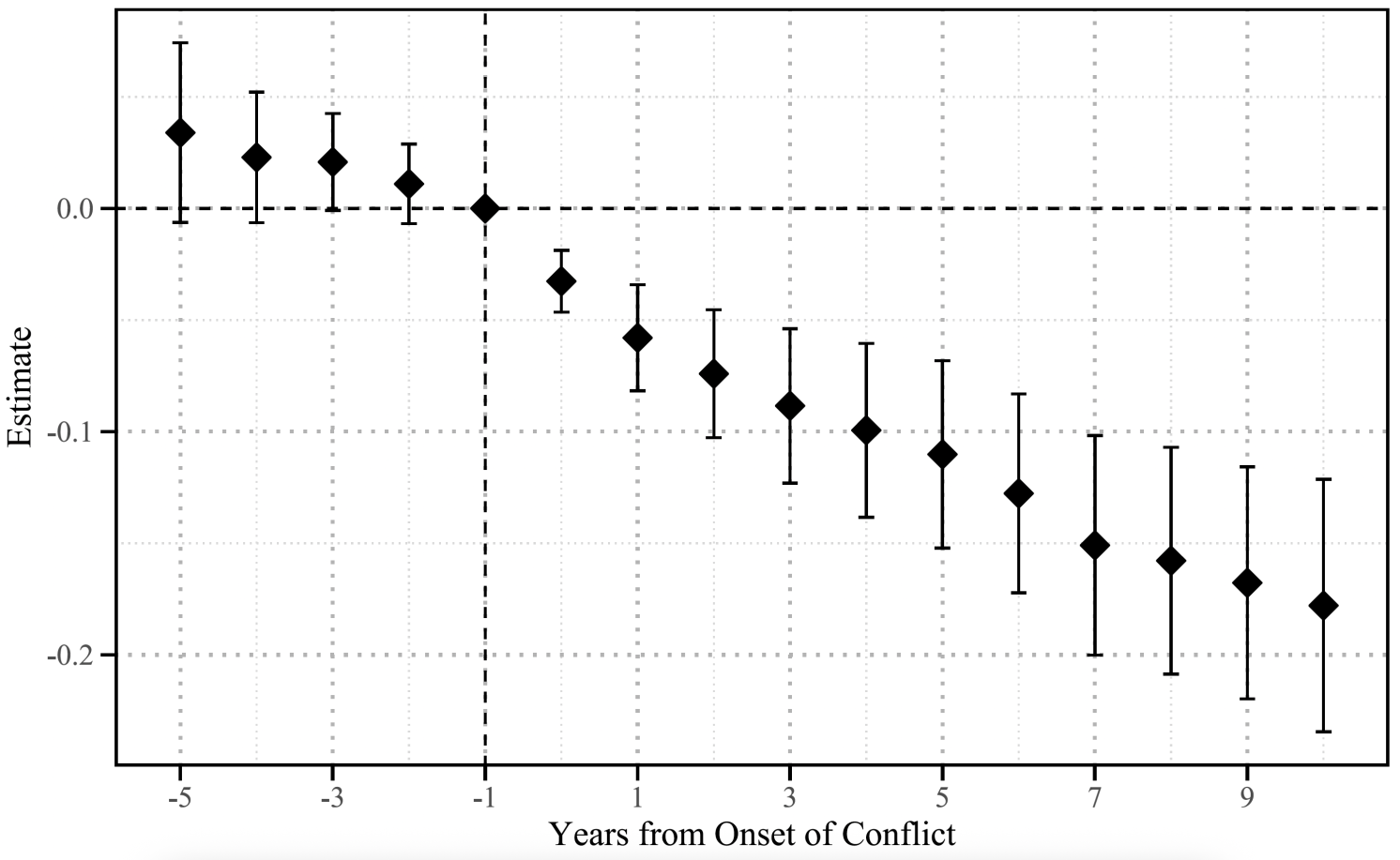Lysander Spooner is well known as an abolitionist who argued that slavery was a violation of natural law. In his 1858 pamphlet, “A Plan for the Abolition of Slavery, and To the Non-Slaveholders of the South,” Spooner set out what he considered to be the relevant “principles of justice and humanity,” arguing that “so long as the governments, under which they live, refuse to give them liberty or compensation, [slaves] have the right to take it by stratagem or force.” Spooner argued that property owned by slave masters belonged, in justice, to the slaves. He called on his readers to help the slaves in the South to revolt and to seize their masters’ property by force:
…the rightful owners of the property, which is now held by their masters, but which would pass to them, if justice were done; to justify and assist them in every effort to acquire their liberty, and obtain possession of such property, by stratagem or force.
Spooner did not see slavery as a legal institution. His own interpretation of the United States Constitution was that the Constitution did not permit slavery. He therefore saw the institution of slavery as not only immoral and unjust, in the ethical sense, but also as illegal and unconstitutional. This is an important distinction. As readers of Murray Rothbard’s Ethics of Liberty will be aware, Rothbard did not purport to set out the principles that are contained in the United States Constitution or in any positive (formal) legal instruments, but rather to set out moral principles of justice. By contrast, Spooner was a lawyer who had published a book called The Unconstitutionality of Slavery. Spooner’s reading of the Constitution goes a long way in explaining why he encouraged slaves in the South to rise up and seize their masters’ property. He explained that he did not see this as theft, but rather he saw it as merely vindication of what he called “a natural right to compensation (so far as the property of the Slaveholders and their abettors can compensate them) for the wrongs they have suffered” (emphasis added). He was very much in favor of slaves in the South “taking justice into their own hands” as compensation for their suffering:
Perhaps some may say that this taking of property, by the Slaves, would be stealing, and should not be encouraged. The answer is, that it would not be stealing; it would be simply taking justice into their own hands, and redressing their own wrongs.
Spooner’s argument was not simply that anyone who works on a resource becomes its owner, nor was he simply arguing that slaves should seize their masters’ property as compensation for their labor. Spooner did not show any interest in whether slaves were ever compensated for their labor, as might perhaps be expected if his concern was merely that slave labor was not directly paid. Historians have noted cases where slaves kept part of their crop and even cases where slaves worked for wages or were paid stipends. But this is not the issue Spooner had in mind when he talked of seizing the property of slave owners. The compensation Spooner had in mind was not for “unpaid labor” but for the unjust and (as he saw it) unconstitutional holding of men in bondage. Spooner regarded slavery as a war crime, and to him a slave revolt amounted to a just war. As he explained:
The state of Slavery is a state of war. In this case it is a just war, on the part of the negroes—a war for liberty, and the recompense of injuries; and necessity justifies them in carrying it on by the only means their oppressors have left to them.
Murray Rothbard also thought that seizing the plantations of slave owners and giving them to the slaves would have been an appropriate punishment for the crime of slavery. Thus, the abolitionist call for seizure of the plantations was not simply an application of Lockean homesteading principles of first acquisition or just acquisition of title, as many libertarians tend to assume. It was based on the notion of compensation and punishment for the injustice or crime of slavery. Spooner went even further, arguing for violence and killing of slave owners because, after all, as far as he could tell from the safety of his home in Massachusetts, nothing less than war would suffice to right this grievous wrong that was being carried on in the South. Spooner wrote:
In war, the plunder of enemies is as legitimate as the killing of them; and stratagem is as legitimate as open force. The right of the Slaves, therefore, in this war, to take property, is as clear as their right to take life; and their right to do it secretly, is as clear as their right to do it openly.
Spooner argued that slaves would be justified in violent revolt against “the governments, under which they live,” calling for abolitionists to establish a more “just” system of law enforcement to replace what he saw as the “corrupt” governments of the South:
To form Vigilance Committees, or Leagues of Freedom, in every neighborhood or township, whose duty it shall be to stand in the stead of the government, and do that justice for the slaves, which government refuses to do…
Spooner argued that abolitionists should “ignore and spurn the authority of all the corrupt and tyrannical political institutions, which the Slaveholders have established for the security of their crimes,” namely, the crime of slavery. It is worth reiterating that he did not use the term “crime” only in the moral or ethical sense, as Rothbard does in the Ethics of Liberty, but also in the legal sense, as he believed slavery to be a violation of the Constitution. But to many Northern abolitionists, the constitutionality of slavery was in any case irrelevant. They saw the Constitution itself as a “corrupt and tyrannical political institution.” The abolitionist William Lloyd Garrison—also fulminating about slavery in the South from the comfort of his Massachusetts eyrie—referred to the Constitution as “a covenant with death and an agreement from hell”:
Garrison’s position was clearly and colorfully stated in 1854, when abolitionists convened in Framingham, Massachusetts to protest the return of a runaway slave, Anthony Burns. During his speech Garrison held up a copy of the Constitution and condemned it as “a covenant with death and an agreement from hell.” Then Garrison burned the Constitution while declaring, “So perish all compromises with tyranny!” Most of the spectators responded with amens.
According to Garrison, the Constitution was “the most bloody and heaven-daring arrangement ever made by men for the continuance and protection of a system of the most atrocious villainy ever exhibited on earth.”
Conservatives in the South were alarmed by this talk of revolt, death, and bloodshed. As Steve Byas explains:
John Brown had exacerbated the intensity of the national debate of the 1850s over slavery by murdering some settlers in Kansas in 1856. Brown and his fellow murderers slaughtered five of them, mostly using a sword to hack them to pieces. He later explained that he had had “no choice” but to kill them: “It has been ordained by Almighty God, ordained from Eternity, that I should make an example of these men.” While some slanted accounts describe the incident as Brown and his so-called Northern Army of terrorists killing some “pro-slavery settlers,” the truth is that none of his victims were slave owners, nor were they “pro-slavery.” They were simply farmers who had moved from Tennessee, a “slave state,” because they did not wish to compete with slave labor.
Even supposing the farmers from Tennessee had been pro-slavery, hacking them to pieces with a sword would still be wrong. As Rothbard makes very clear in the Ethics of Liberty, in his discussion of the proportionality of punishment, declaring anything to be a crime does not justify committing new atrocities which are much worse than the crimes one purports to be against.
To the Southern Democrats, the abolitionist terrorists of Massachusetts were a menace. They posed a real threat to law and order, to peace, and to the sovereignty of their states. Ensconced in Massachusetts—the heart of Puritanism—they were too wrapped in their own self-righteousness to have any concerns about the upheaval they were causing in the South. A primary reason why teaching slaves to read and write was banned in some states of the South in the 1830s—after the slave revolt led by Nat Turner—was to stem the influence of pamphlets spewing forth from Massachusetts encouraging slaves in the South to wage “just war” against their states. Spooner’s proposal that “Leagues of Freedom” supported by Northern abolitionists should run law enforcement in the South on behalf of the freed slaves was viewed as mischievous. Notably, as Donald Livingston has pointed out, there were more abolitionist societies in the South than in the North, but the abolitionists in the South favored peaceful means. Peaceful reform was also favored by the conservative Democrats in the North, regardless of whether they owned slaves.
It is in this context that the arguments of John C. Calhoun—the statesman and philosopher from South Carolina—should be read. The historian Clyde Wilson—who is regarded as the leading historian of Calhoun—explains that, “There is no doubt that in 1837 he [Calhoun] intended to change the political dynamic in regard to abolitionism.” Calhoun saw that all this talk of war and killing wicked Southerners was a threat to the harmony of the Union. Wilson explains:
With this introduction Calhoun was ready to reply to the abolitionist attack on the South, and to do so he had to discuss the realities of Southern life as he and his colleagues knew them. According to the abolitionists the South was a land of horrors devoid of religion and decency and law and order, inhabited by depraved white barbarians and black people out of whom all humanity had been crushed. Calhoun and all Southerners knew this to be a false picture. Neither the whites nor the blacks of the South resembled their portraits as painted by the abolitionists.
Mr Calhoun “insisted that the slaveholders of the South had nothing in the case to lament or to lay to their conscience…. Nor was there anything in the doctrines he held in the slightest degree inconsistent with the highest and purest principles of freedom.”
Calhoun sought to give the Constitution the attention he felt it deserved, as in his opinion the type of violent revolt which the abolitionists were calling for was not the best approach to resolving constitutional debates between North and South. In addition, it was becoming increasingly clear that the Radical Abolitionists—who were political opponents of the Southern Democrats—were now deploying the rhetoric of abolition in political debate for partisan purposes. Calhoun’s concern was not to defend slavery for its own sake, but to debunk the lies that were spread by New Englanders who had never been to the South, and to reject the notion that the constitutionality of slavery should be settled with armed conflict. As can be seen in the writings of both Jefferson Davis and Alexander Stephens—the President and Vice President of the Confederate States of America—the interpretation of the Constitution at all times took center stage in their understanding of the conflict in which they were involved.
Modern historians often assume, wrongly, that abolitionism was generally popular in the North, and that there was popular support in the North for fomenting violent revolt in the South. In his book, No Party Now: Politics in the Civil War North, Adam I.P. Smith observes that there was, in fact, no widespread support for abolitionists in the North. Far from supporting abolition, the Republican Party was well aware that being associated with the abolitionists calling for revolt and bloodshed, and denouncing the Constitution as “an agreement from hell,” would tend to lose them the popular vote among ordinary Americans:
The defensiveness of leading Republicans, even those who fervently supported black freedom, revealed their acute awareness of the resistance of the majority of Northerners to the idea of emancipation. Even the great antislavery senator from Massachusetts, Charles Sumner, urged in the fall of 1861 that, when it came, as he was confident it would, the freedom of the slaves should be “presented strictly as a measure of military necessity and the argument is to be thus supported rather than on grounds of philanthropy.”
Adams also mentions “the President’s old Illinois friend Orville Hickman Browning, who complained in his diary that ‘nothing should have been said on the subject of slavery.’” The point of Lincoln’s war, as the Republicans saw it, was not abolition. Their goal was to keep the Southern states in the Union. Tom DiLorenzo also shows in The Real Lincoln that Lincoln himself was no abolitionist. He had one primary goal, and that was to save the Union. As Murray Rothbard writes in “Just War”:
What was the North’s excuse for their monstrous war of plunder and mass murder against their fellow Americans? Not allegiance to an actual, real person, the king, but allegiance to a nonexistent, mystical, quasi-divine alleged entity, “the Union.”



























